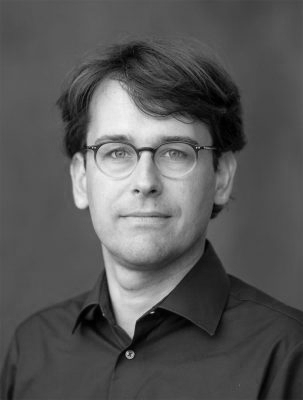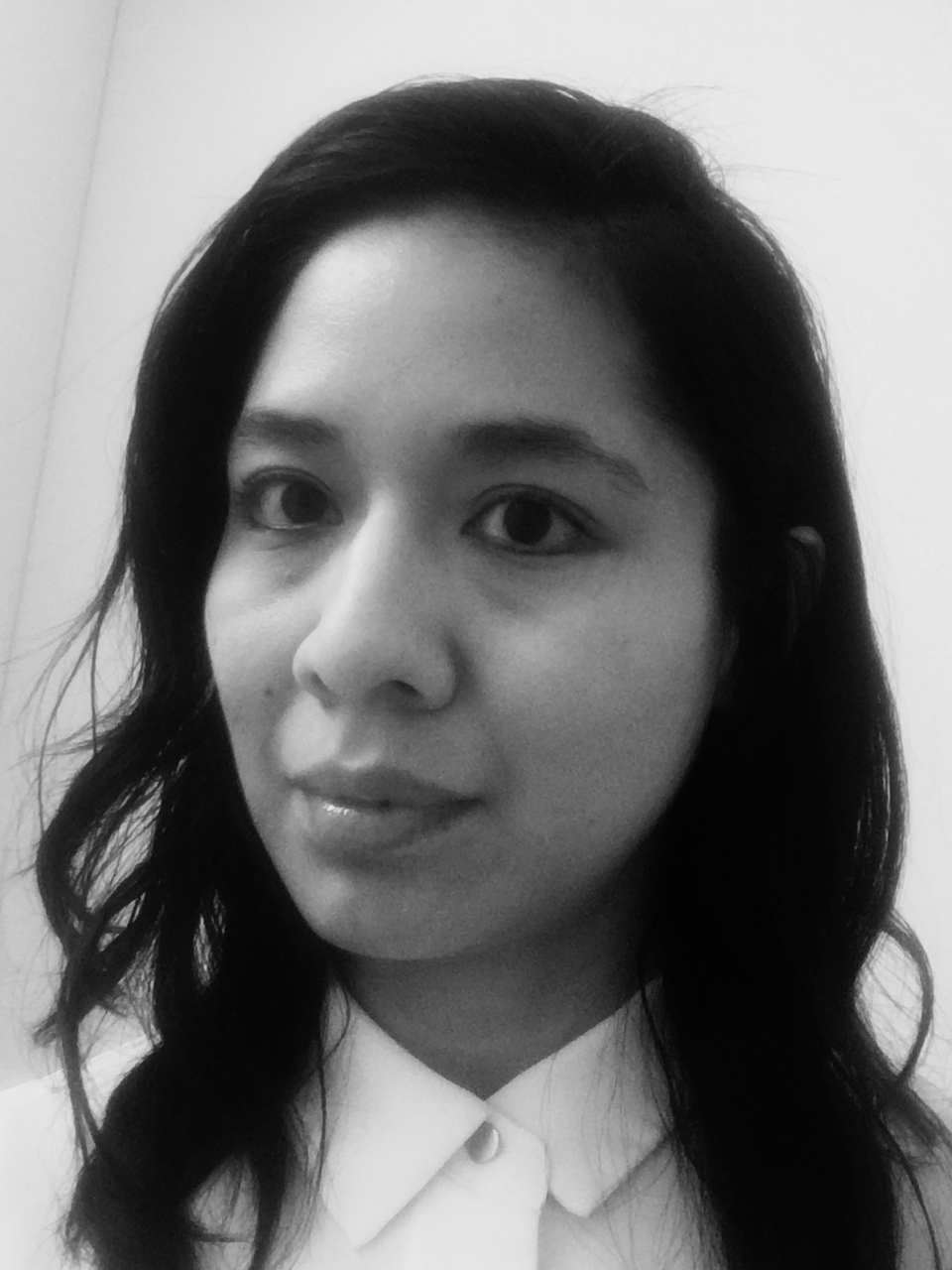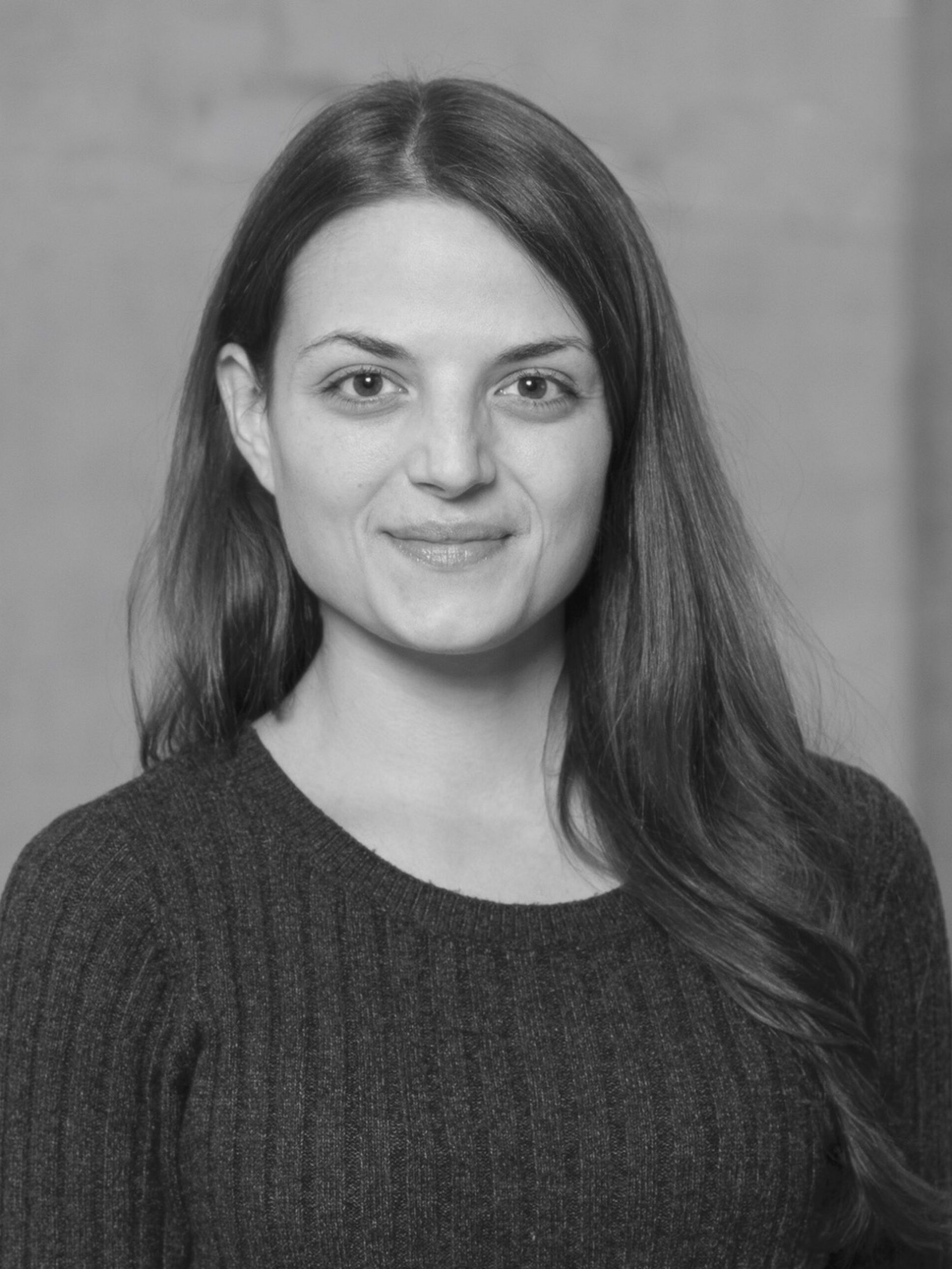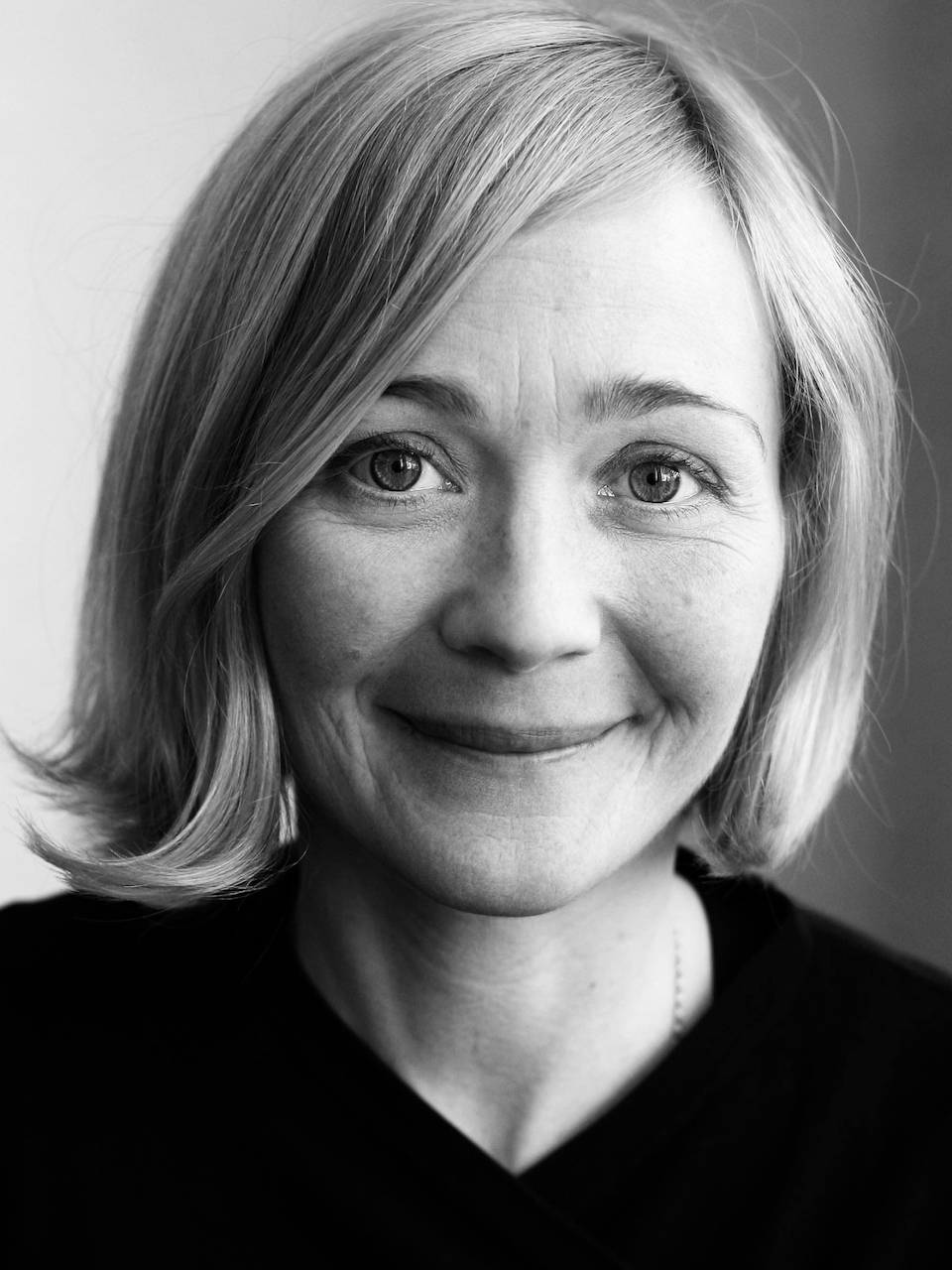Education and the European Digital Agenda
Switzerland, Germany and Sweden after 1970
The project
Technological issues are enjoying a boom in many areas of educational research and in education policies.
Historical perspectives, however, are still rare. Instead, research on “educational technologies” and “technology education” often works under the assumption that these are new problems without any historical conditions. This project funded by the Swiss National Science Foundation (SNSF) can help develop a long-term perspective and consider its own research against the background of earlier attempts.
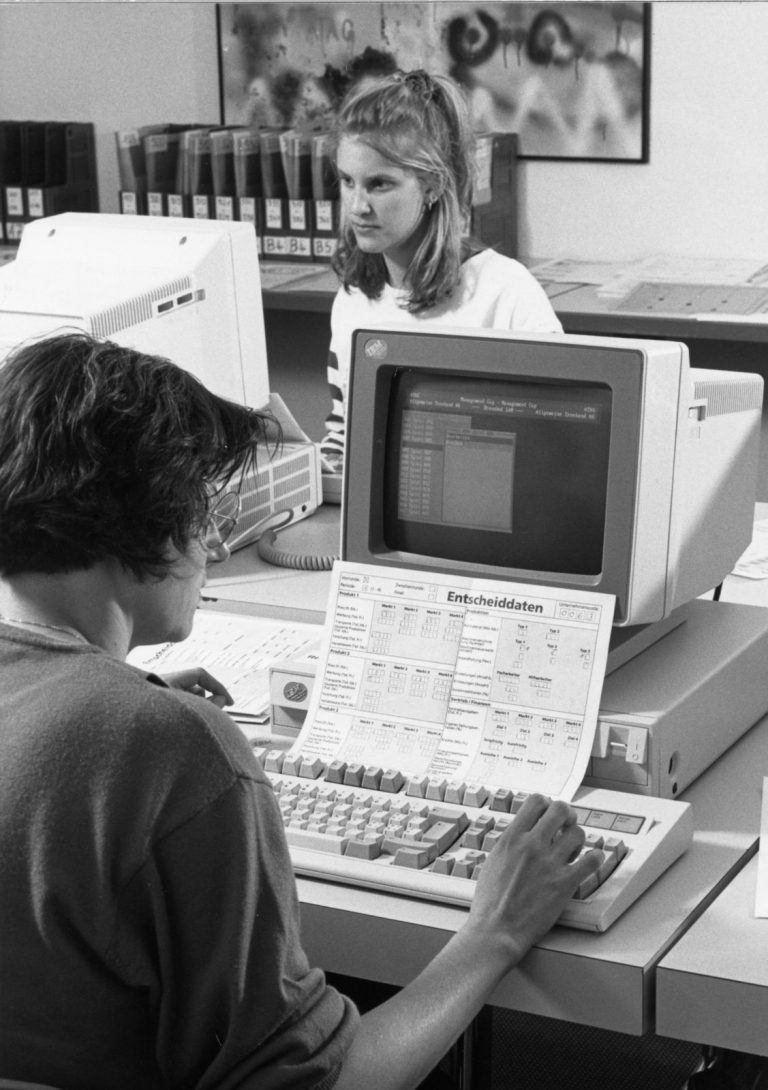
OUTLINE AND OBJECTIVES
It is commonly assumed that the new information and communications technologies are a huge challenge for the traditional systems of public schooling, higher education and vocational education and training. This project is concerned with how this challenge has been met in Europe during the first decades after the microchip started restructuring businesses, administration and daily life. It reconstructs how the educational implications of technological change have been faced politically between 1970 and the end of the dotcom boom around 2000. The project focuses especially on the political initiatives regarding secondary schooling, vocational education and training, adult and higher education.
Team
Education and the European Digital Agenda
Switzerland, Germany and Sweden after 1970
International Reference Group
Anne Rohstock, Germany
Jane Gingrich, UK
Johannes Westberg, the Netherlands
Lucien Criblez, Switzerland
Magnus Hultén, Sweden
Sabine Reh, Germany
Timeline
April 1, 2019
Start of the project
Familiarisation and preparatory work.
July 8, 2019
Workshop individual projects with Céline Angehrn.
Autumn 2019
Start initial on-site archive research.
February 6, 2020
Initial meeting international reference group.
April 2020
Start archive research Europe and OECD.
October 2020
Start archive research national and comparative studies.
July 15, 2021
Computers in the Classroom Workshop
September 2021
Start archive research French-speaking Switzerland and Ticino
September 16, 2021
Circulation of Computer Knowledge Beyond Schooling Workshop
Autumn 2022
Start final phase database and individual projects
Spring 2023
Edited Volume “How Computers entered the Classroom, 1960-2000”
March 30 & 31, 2023
Concluding Workshop and Book Launch
News
April 1, 2021
New episode of the History of Education Society UK podcast with Carmen Flury and Rosalía Guerrero
January 25, 2021
Out now: “The OECD as an arena for debate on the future uses of computers in schools” by Barbara Hof & Regula Bürgi
Events
Education and the European Digital Agenda
Switzerland, Germany and Sweden after 1970
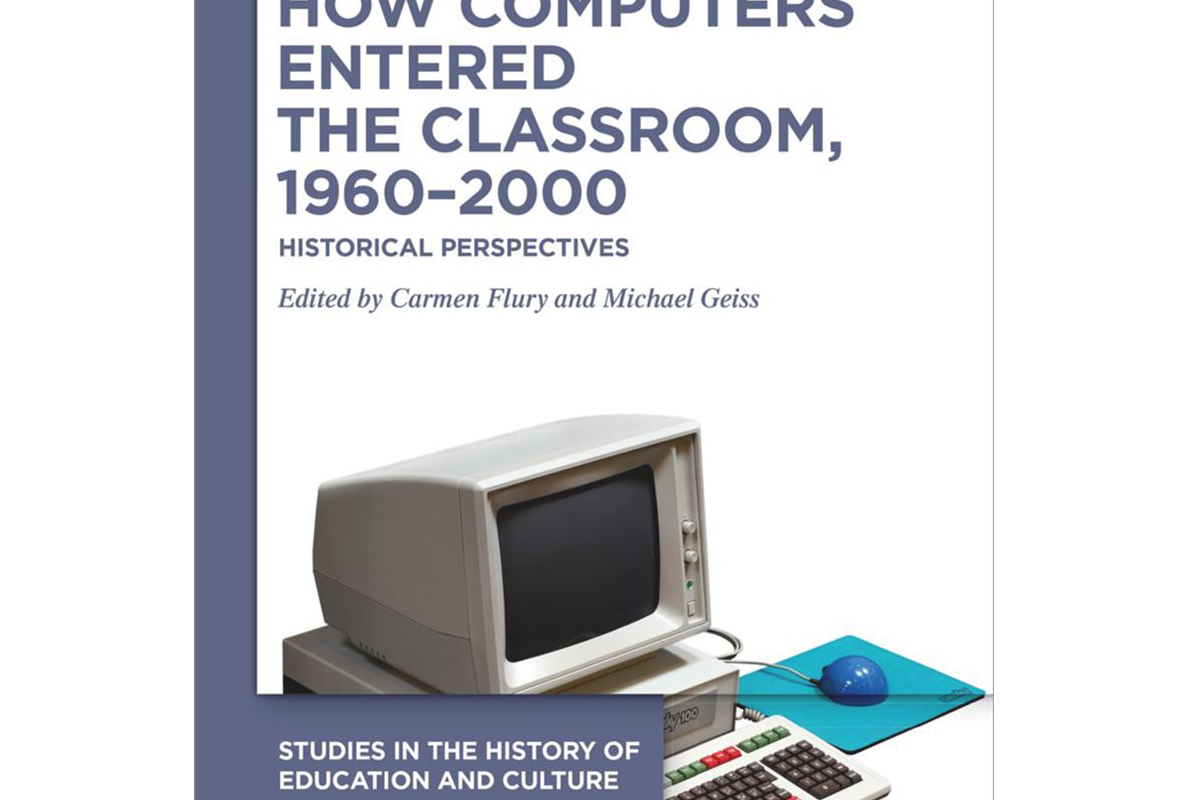
July 15 & 16, 2021
How computers entered the classroom, 1960-2000: Author Workshop
Digital technologies only gradually permeated everyday tasks and interactions at home, work, education and leisure. In research on the history of education, however, the question of how computers conquered the classroom has so far been totally neglected. This author workshop brings together researchers from Europe to discuss their historical case studies. The workshop will result in an edited volume to be published by De Gruyter in 2023.

September 16 & 17, 2021
The Circulation of Computer Knowledge Beyond Schooling, 1980–2000
This workshop aimed to bring together different perspectives to broaden our understanding of the role of non-traditional educational actors which, independently of established educa- tional and vocational training systems, took on the task of creating and disseminating computer knowledge during the period from the 1980s to the early 2000s.
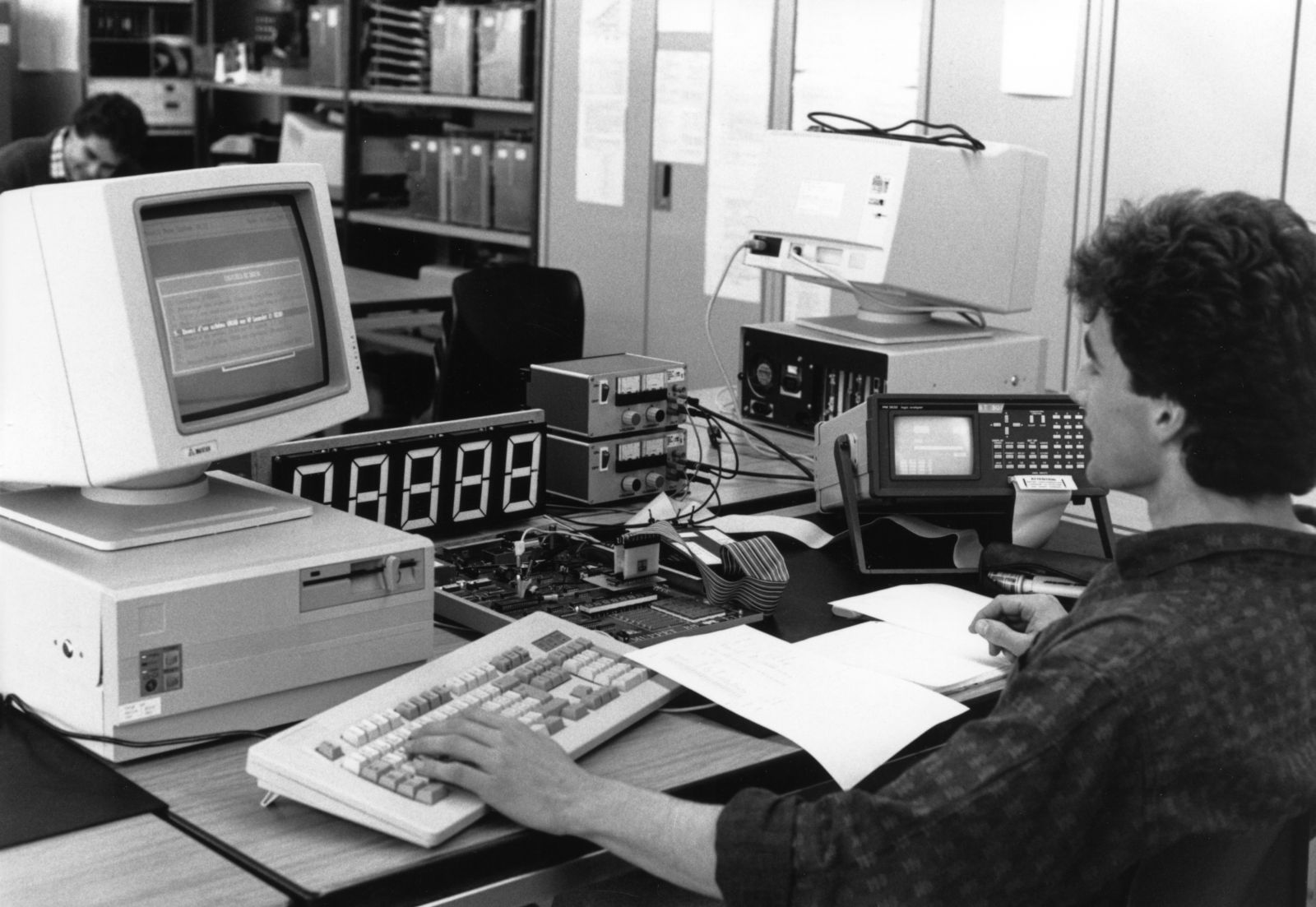
March 30 & 31, 2023
Education and the European Digital Agenda: Concluding Workshop
The Digital Agenda project examineed the educational implications of change in information and communication technologies (ICT) between 1970 and 2000, focusing on political initiatives in Europe regarding secondary schooling, vocational education and training, and adult and higher education. How have educational policies in Europe addressed the technological and economic challenges? And what are the consequences for historical research in education? These questions will be explored at the condluding workshop in Zurich, which will also be open to a broader public.
